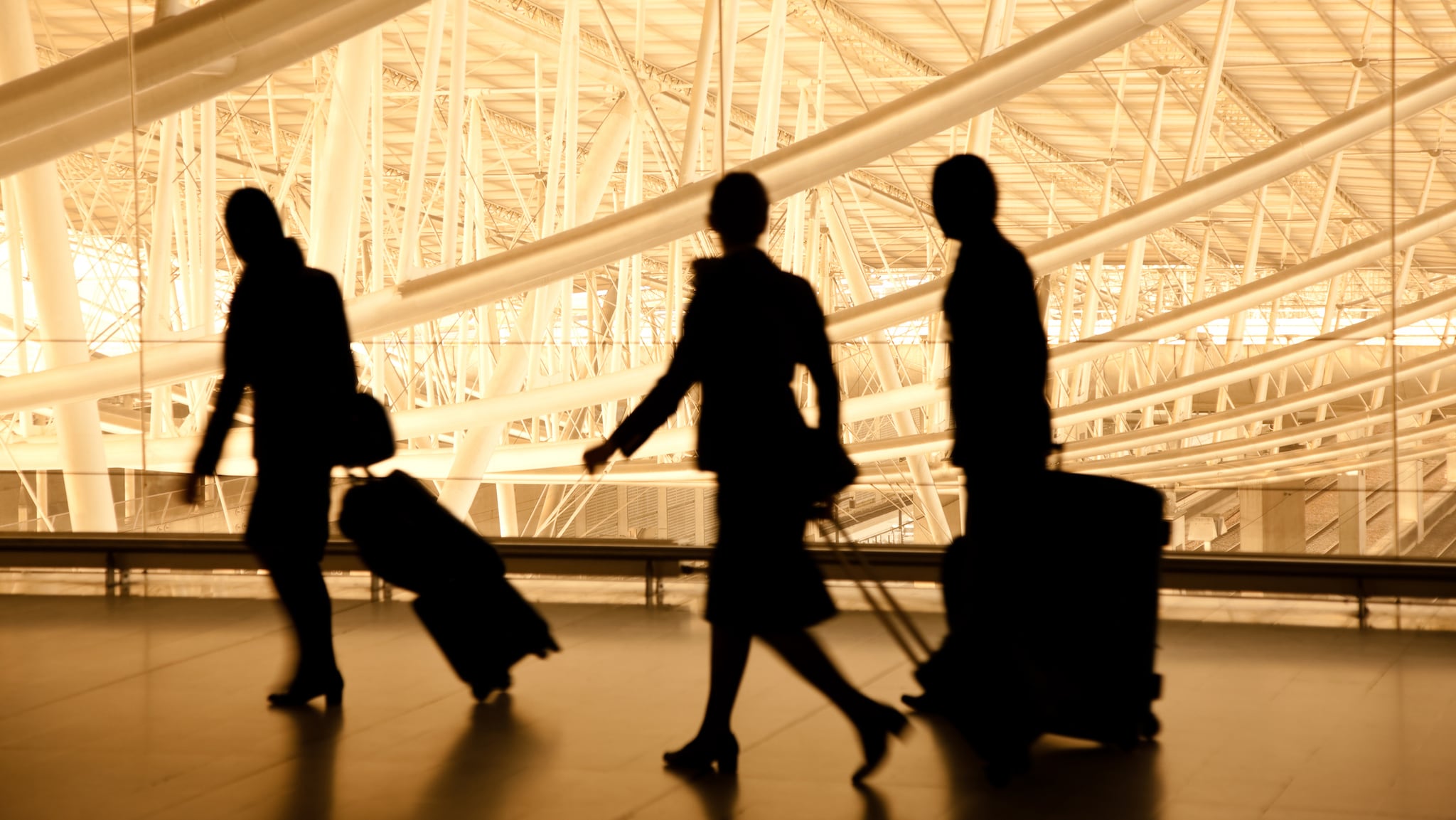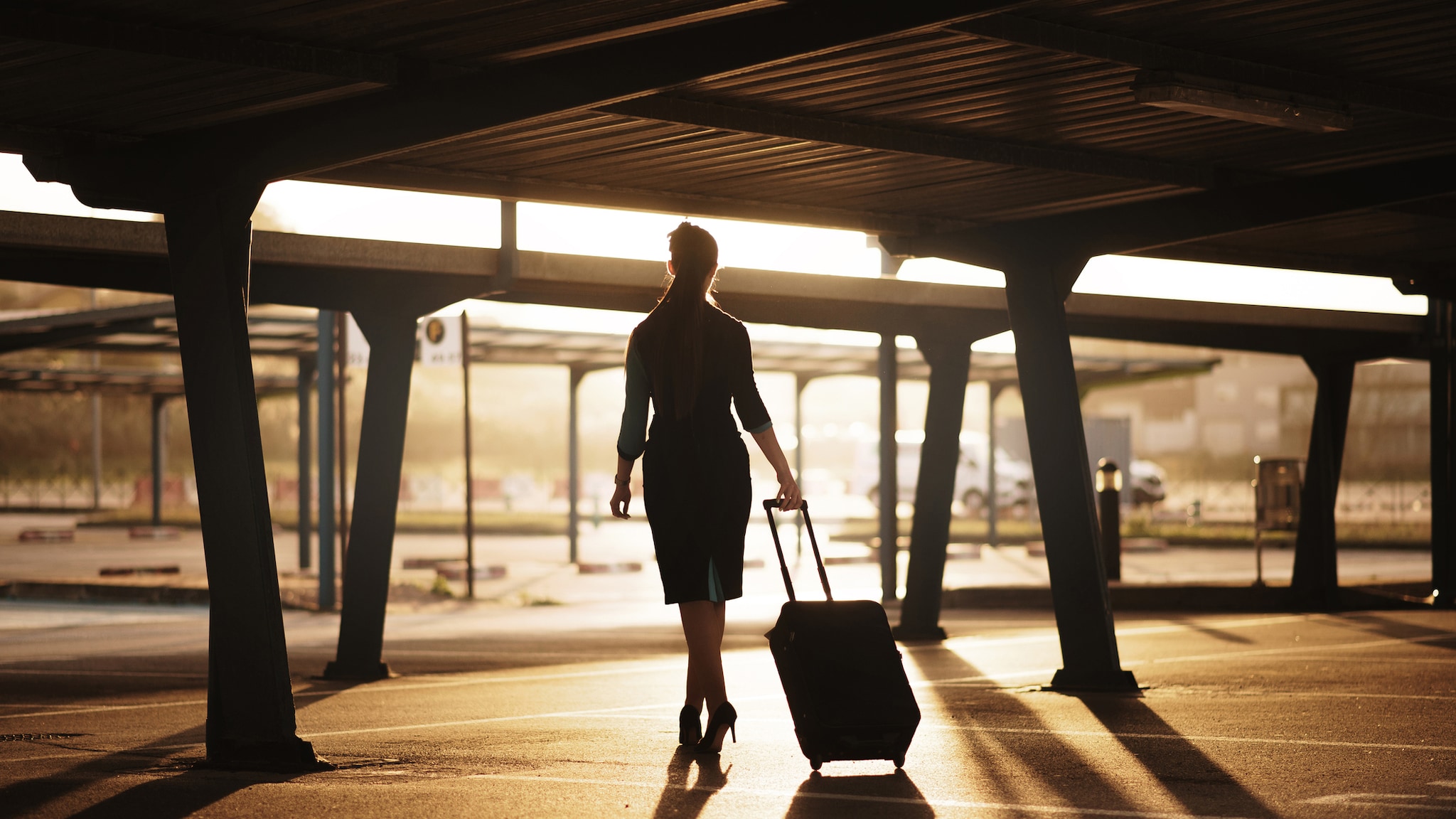Key points
- Circadian rhythm regulates body functions based on our wake/sleep cycle.
- Circadian rhythm can be disrupted by changes in sleep.
- Aircrew members may experience work-related circadian rhythm disruption (specifically “jet lag”).

Overview

Circadian rhythm is the internal biological clock that regulates body functions based on our wake/sleep cycle. It can be disrupted by changes in sleep pattern. Aircrew members may experience circadian rhythm disruption (specifically “jet lag”) as they work.
Research has found associations between circadian disruption and some types of cancer as well as reproductive health issues like miscarriage and birth defects. However, we don't know how much these factors contribute to a specific individual's health.
If you experience circadian disruption and have these health problems, we can’t tell if the problem was caused by your work conditions or if it was caused by something else.
What you can do
Try to reduce time working on long flights, flights that cross many time zones, or flights scheduled for when you are normally asleep. These conditions tend to increase exposure to circadian disruption.
If pregnant or planning a pregnancy, it is important to consider your circadian disruption exposure. Learn more about how your job could impact your reproductive health.
The National Institutes of Health (NIH) and The National Sleep Foundation suggest ways to reduce the effects of circadian disruption:
- Try keeping the same times for sleep and waking, even on your days off. If you need to catch up on sleep, go to bed earlier.
- Use ear plugs and eye masks to reduce noise and light.
- Sleep in a cool room with comfortable mattress and pillows.
- Avoid alcohol 2-3 hours before bedtime.
- Limit caffeine intake.
- Avoid heavy or spicy meals 2–3 hours before bed.
- About 1.5 hours before bedtime, avoid using backlit electronic screens.
If you are sleeping away from home, set up a quiet, dark, comfortable, and cool hotel room. Block light coming into the bedroom under doorways or through windows. Cover lighted clock dials. Pack eye masks, ear plugs, and clothes pins to pin drapes together.
Learn more about the effects of many kinds of shift work, including circadian disruption, at the National Sleep Foundation Shift Work Disorder website.
If you have trouble sleeping, you can see a sleep disorders specialist for an assessment and advice.
- American Academy of Sleep Medicine (AASM): Professional information on AASM-accredited center and laboratory members.
- American Academy of Dental Sleep Medicine (AADSM): A searchable directory of dentists who specialize in treating certain sleep problems.
Resources
Association of Flight Attendants: Fatigue
Federal Aviation Administration: Flight Attendant Fatigue
NIOSHTIC2 search results for circadian disruption and circadian disruption exposure
If you have safety and health questions about your job contact CDC-INFO.
